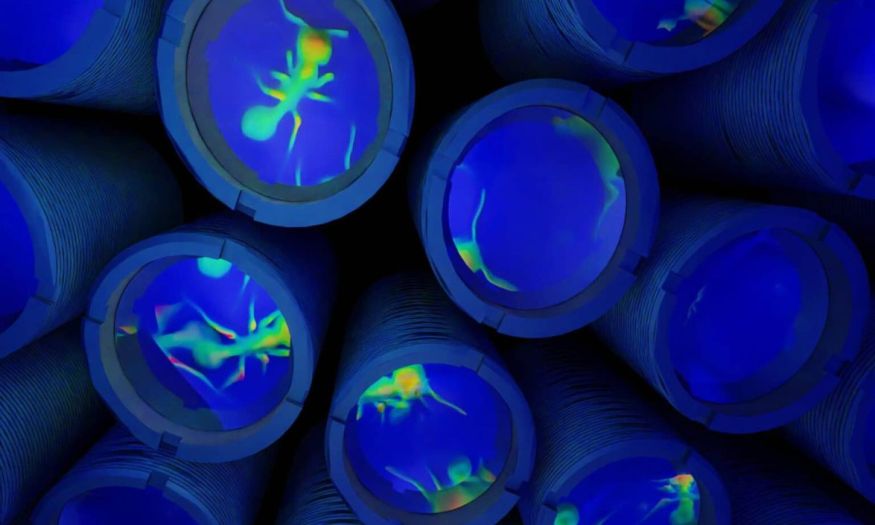Overview
Lawrence Carin earned the BS, MS, and PhD degrees in electrical engineering at the University of Maryland, College Park, in 1985, 1986, and 1989, respectively. In 1989 he joined the Electrical Engineering Department at Brooklyn Polytechnic Institute (now part of NYU) as an Assistant Professor, and became an Associate Professor there in 1994. In September 1995 he joined the Electrical and Computer Engineering (ECE) Department at Duke University, where he is now a Professor. He was ECE Department Chair from 2011-2014, and Vice Provost and Vice President for Research from 2014-2020. He was the Provost at King Abdullah University of Science & Technology (KAUST) from 2020-2023, returning to Duke in 2023. From 2003-2014 he held the William H. Younger Distinguished Professorship, and since 2018 he has held the James L. Meriam Distinguished Professorship. Dr. Carin's research focuses on machine learning (ML) and artificial intelligence (AI). He publishes widely in the main ML/AI forums, and has addressed many applications of AI, including in medicine and security. He was co-founder of the small business Signal Innovations Group, which was acquired by BAE Systems in 2014, and in 2017 he co-founded the company Infinia ML, which was acquired by Aspirion in 2023. He is an IEEE Fellow.
Current Appointments & Affiliations
Professor of Electrical and Computer Engineering
·
2001 - Present
Electrical and Computer Engineering,
Pratt School of Engineering
Professor of Computer Science
·
2018 - Present
Computer Science,
Trinity College of Arts & Sciences
Recent Publications
Detecting implicit biases of large language models with Bayesian hypothesis testing.
Journal Article Scientific reports · April 2025 Despite the remarkable performance of large language models (LLMs), such as generative pre-trained Transformers (GPTs), across various tasks, they often perpetuate social biases and stereotypes embedded in their training data. In this paper, we introduce a ... Full text CiteProactive Pseudo-Intervention: Pre-informed Contrastive Learning For Interpretable Vision Models
Journal Article Proceedings of Machine Learning Research · January 1, 2025 Deep neural networks excel at comprehending complex visual signals, delivering on par or even superior performance to that of human experts. However, ad-hoc visual explanations of model decisions often reveal an alarming level of reliance on exploiting non ... CiteGRAPH TRANSFORMERS DREAM OF ELECTRIC FLOW
Conference 13th International Conference on Learning Representations Iclr 2025 · January 1, 2025 We show theoretically and empirically that the linear Transformer, when applied to graph data, can implement algorithms that solve canonical problems such as electric flow and eigenvector decomposition. The Transformer has access to information on the inpu ... CiteRecent Grants
NQVL:QTSD:Design: Quantum Advantage-Class Trapped Ion system (QACTI)
ResearchSenior Investigator · Awarded by National Science Foundation · 2025 - 2027Integrating Causal Inference and Deep Learning for Analysis and Interpretation
ResearchPrincipal Investigator · Awarded by Office of Naval Research · 2024 - 2027Duke-UNC Collaborative Pediatric Clinical Pharmacology Postdoctoral Training Program
Inst. Training Prgm or CMEPreceptor · Awarded by National Institutes of Health · 2021 - 2026View All Grants
Education, Training & Certifications
University of Maryland, College Park ·
1989
Ph.D.
University of Maryland, College Park ·
1986
M.Sc.Eng.
University of Maryland, College Park ·
1985
B.S.E.




